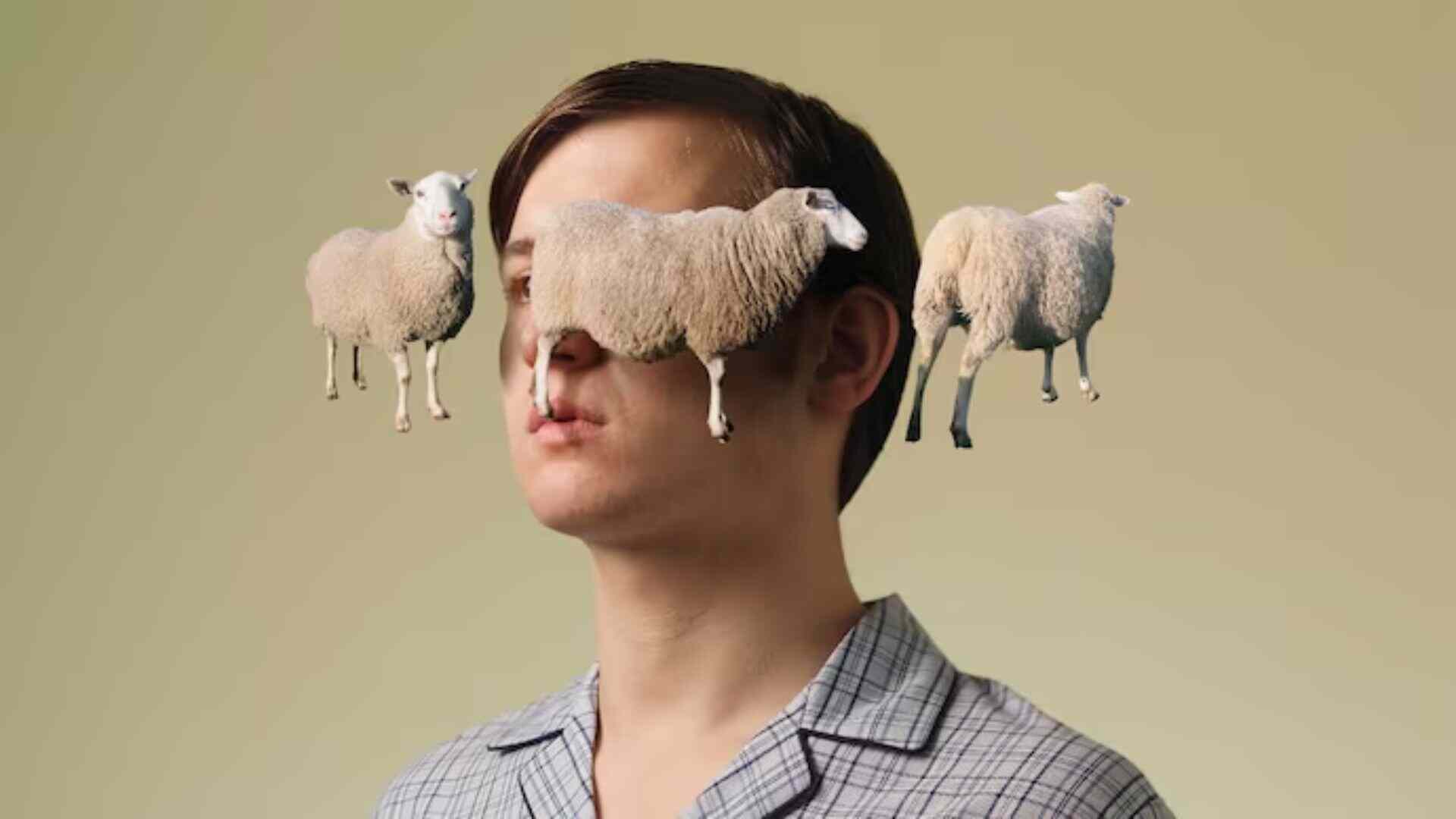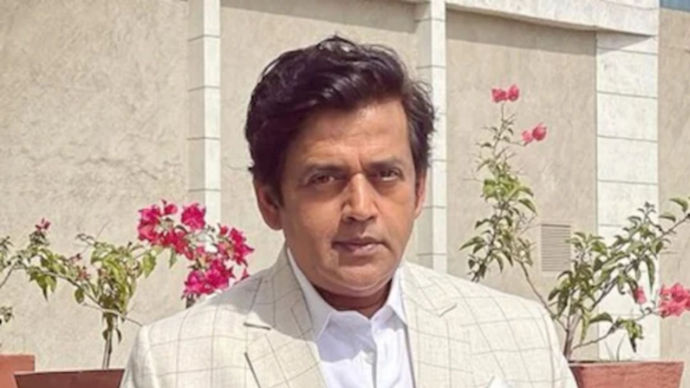
Achieving a restful night’s sleep has become increasingly difficult for many people, due to issues like insomnia, work stress, academic pressures, and excessive screen time. As modern life grows busier, more individuals are finding it harder to fall asleep or enjoy deep rest, which is raising concerns about the effects of poor sleep on health and well-being. Despite understanding the importance of sleep, many still face nightly interruptions, leading to anxiety around sleep quality.
Recent data reveals that 61 percent of people in India have been sleeping less than six hours a night over the past year, compared to 50 percent in 2022. This rising trend of sleep deprivation is causing concern, as sleep problems become a persistent issue for many.
In response, a new trend called “sleepmaxxing” has emerged on social media. Influencers and experts now share tips to help improve sleep quality, with tools and supplements such as mouth tape, magnesium oil, and sleep trackers becoming popular. These are part of a larger movement to achieve ‘perfect sleep.’
Sleepmaxxing involves enhancing sleep by minimizing disturbances and using aids like jaw straps, melatonin supplements, and red light therapy. It can also refer to prioritizing sleep above daily tasks, sometimes to an extreme extent. Influencers often promote this content online, frequently pushing products designed to improve sleep quality.
In India, the sleep aid market is expected to generate USD 28 million in revenue in 2024, with an annual growth rate of 9.55% projected over the next four years. In the US, where sleepmaxxing originated, the market is much larger, estimated at USD 32,024 million. The growing fixation on sleep is closely tied to the expanding sleep aid industry.
View this post on Instagram
A lack of sleep is associated with chronic health conditions such as heart disease, high blood pressure, diabetes, and depression. Despite the increasing awareness about sleep’s importance, many still struggle with getting enough rest. Dr. Sneha Sharma, psychiatrist and co-founder of Anvaya Healthcare, explains, “It has become increasingly difficult for people to fall asleep or get a good night’s rest, particularly given today’s lifestyle. Factors such as limited physical activity and excessive screen time are contributing to greater difficulties.”
Dr. Shankar S Biradar, medical director of Magniflex India, agrees, stating, “A good night’s sleep has become a coveted treasure, with many striving to optimise their rest to enhance performance, health, and well-being.”
While sleepmaxxing aims to improve rest, it can also have the opposite effect, resulting in “orthosomnia,” a condition where the obsession with perfect sleep leads to anxiety, which in turn worsens sleep quality. Dr. Biradar notes, “The pressure to achieve perfection can lead to counterproductive outcomes. When people become overly preoccupied with sleep, they may experience heightened anxiety and stress, known contributors to sleep disturbances.”
A 2022 study published in Sleep Medicine Reviews shows that Gen Z experiences more sleep disturbances compared to older generations. Millennials, on the other hand, are placing more focus on sleep, while baby boomers are struggling with age-related sleep issues like insomnia and sleep apnoea.
There has been an increase in the use of apps and wearable devices to track sleep patterns. While these can provide helpful insights, over-dependence on such technology can cause anxiety about sleep performance, potentially making it more difficult to rest. Dr. Biradar cautions that sticking rigidly to sleep schedules can also backfire, leading to stress when disrupted by events like travel or social gatherings. He adds, “Occasional poor sleep is natural and does not negate overall good sleep health.”
Supplements such as magnesium and sleep aids like mouth taping are gaining traction, but more research is needed. Dr. Ravi Shankerji, a sleep expert at Apollo Spectra Hospital in Bengaluru, says that while magnesium could work, lifestyle changes are also necessary for better results. “It is not necessary that it works in every case,” he advises.
Mouth taping, which encourages nasal breathing, may help reduce snoring and improve oxygenation but isn’t suitable for everyone. Experts recommend consulting a healthcare provider before trying these methods, particularly for individuals with conditions like sleep apnoea.
In summary, while sleepmaxxing has the potential to help improve sleep quality, becoming overly focused on achieving perfect sleep can lead to anxiety, making the problem worse. As Dr. Biradar wisely states, “The more anxious you are about falling asleep, the harder it will be to actually fall asleep.”















